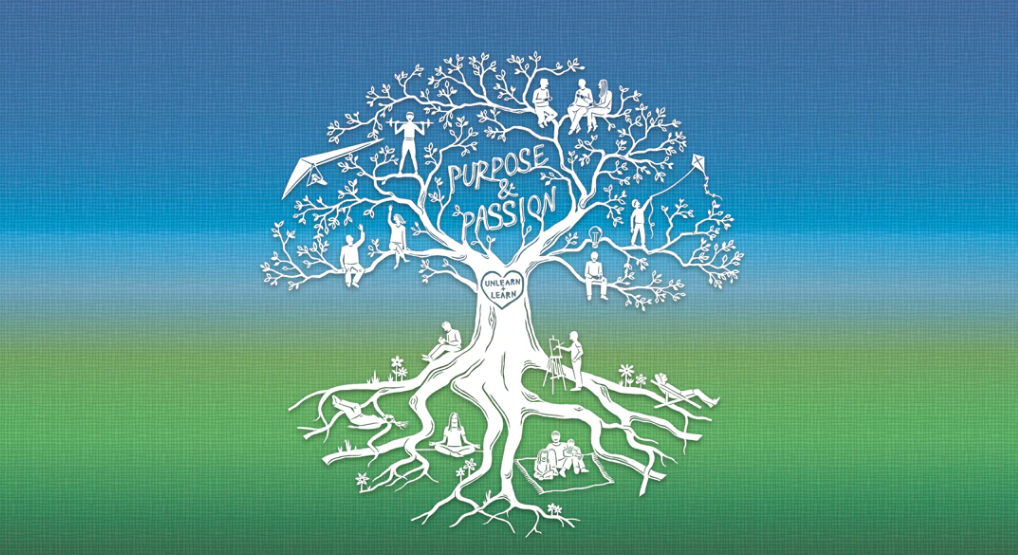Introduction :
Education is a transformative force that empowers individuals, shapes societies, and unlocks human potential. This article delves into the significance of education, exploring its role in personal development, societal progress, and the challenges and opportunities in the field of education. By understanding the power of education, we can work towards building inclusive, equitable, and quality education systems that provide opportunities for all.
1. The Power of Education :
Education is the foundation upon which individuals build their lives. It equips them with knowledge, skills, and competencies necessary for personal growth and success. Education fosters critical thinking, problem-solving, and creativity, enabling individuals to adapt to a rapidly changing world. It also cultivates values such as empathy, respect, and tolerance, promoting social cohesion and harmony.
2. Education for All: The Pursuit of Equity :
Access to education is a fundamental human right. Gender disparities, poverty, and cultural barriers are among the factors that hinder equal educational opportunities. To achieve inclusive and equitable education, we must address these disparities and ensure that education is accessible to all, irrespective of their background, gender, or socioeconomic status.
3. Quality Education: A Pathway to Success :
Education is not just about acquiring knowledge; it is about acquiring relevant and meaningful skills. Quality education goes beyond rote learning and focuses on critical thinking, creativity, and problem-solving. It prepares individuals to thrive in the 21st-century workforce and become active participants in society. Quality education also promotes lifelong learning, instilling a passion for knowledge and continuous personal and professional development.
4. The Role of Teachers: Shaping the Future :
Teachers play a crucial role in education. They are not just imparting knowledge; they are shaping minds and molding future generations. Effective teachers inspire, motivate, and empower students to reach their full potential. They create engaging and inclusive learning environments, adapting teaching methods to suit diverse learning styles. Investing in teacher training, professional development, and support is essential to ensure high-quality education for all.
5. Embracing Educational Technology: The Digital Revolution :
Technology has transformed education, opening up new possibilities for learning and teaching. Digital tools, online platforms, and virtual classrooms have expanded access to education, allowing learners to connect and collaborate globally. Technology enables personalized learning experiences, interactive content, and access to vast educational resources. However, it is crucial to bridge the digital divide and ensure equitable access to technology to prevent further inequalities in education.
Conclusion:
Education is the key to unlocking human potential and driving social progress. By providing equal access to quality education, we can empower individuals, reduce inequalities, and foster inclusive societies. It is imperative to invest in education systems that prioritize not only the acquisition of knowledge but also the development of critical thinking, creativity, and essential life skills. As we embrace the digital revolution and adapt to the changing needs of the world, let us remain committed to creating a future where education is a transformative force that enables individuals to thrive and contribute to a better world.
